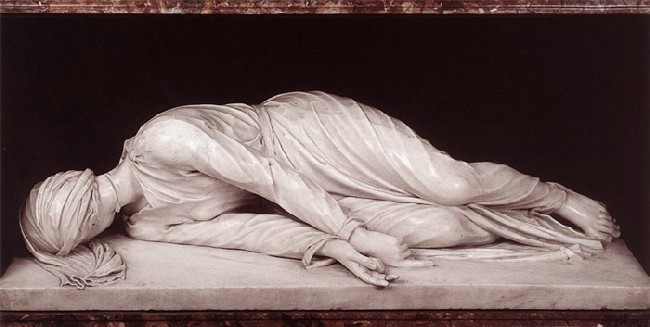
I often hear Protestants who come to the Catholic monastery near my home and begin praying the Divine Office say they like the structure of this manner of prayer common among the earliest first-century Christian communities.
I agree and I think it is the Divine Office’s beauty and antiquity that creates the structure in my heart. The beauty of the Divine Office sets it apart in my mind as a means of devotion.
Others, of course, will find none of the forms of the Divine Office to fit their spirit — that’s OK. Don’t force your life into a practice for which it is not suited.
For those who enjoy the Divine Office, they say its practices are flexible and supporting of a busy lifestyle — not an extra burden.
Wil Derkse writes, “opportunities for the improvement of quality are often the first we let go when we become busy and important: silence and recreation are eliminated as a matter of course; we become noisy and turbulent and with our unrest we affect others. The Benedictine attitude is precisely the reverse. Those who receive extra responsibility need to listen more, like the brother who became prior and then doubled his time for daily meditation.”
The above quote is from "The Rule of Benedict for Beginners," by Wil Derkse, Liturgical Press, 2003.
If you are just beginning to explore Benedictine monasticism, I recommend here the above book as a first book you might read. Its 87 easy-to-read pages give a good overview of oblate monasticism -- defined here on the Oblate Spring web site.
Sunday, May 18, 2008
Divine Office -- Structure of Beauty - Benedictine Oblate
Subscribe to:
Post Comments (Atom)









No comments:
Post a Comment